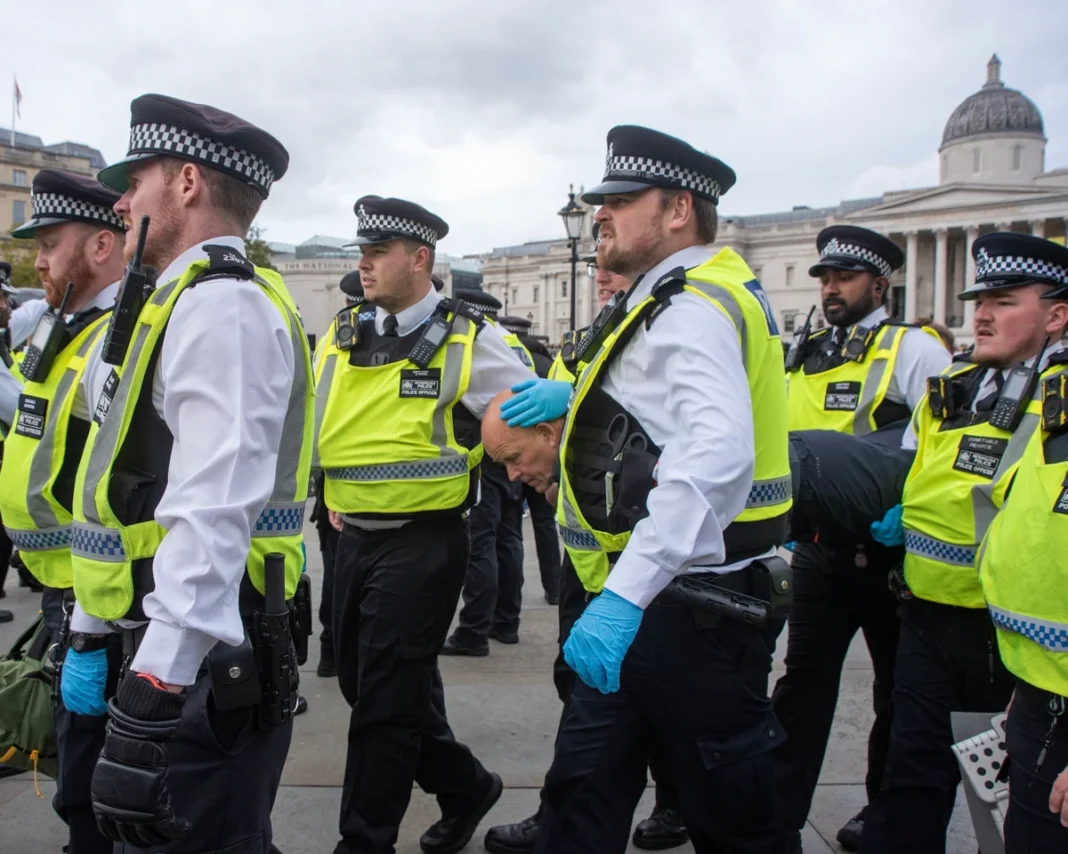The government has announced a significant change. Consequently, police will soon have broader authority. Specifically, they can now impose conditions on repeated protests. This move follows a day of widespread demonstrations. Nearly five hundred protesters were arrested during those events. The new protest restrictions will allow senior officers more discretion. They can assess the “cumulative impact” of previous gatherings. Therefore, a location with many past protests could face new rules. Organizers might then have to move their event elsewhere.
Home Secretary Shabana Mahmood explained the policy. She insisted this is not a ban on protesting. Instead, it is about applying specific restrictions and conditions. She expressed deep concern about community relations. Furthermore, she stated her responsibility to strengthen communities. Everyone should feel integrated into society, she added. The right to protest remains fundamental. However, this freedom must balance with another. Neighbors deserve to live without fear or intimidation.
The announcement drew immediate criticism. The group Defend Our Juries organized recent protests. They pledged a “major escalation” in response. They accused the government of silencing opposition. Additionally, they called the move authoritarian. They argued it undermines fundamental rights. Liberal Democrat MP Max Wilkinson agreed. He called the plan the “worst of all worlds”. He said it fails to tackle hate crime. It also damages peaceful protest rights.
Conversely, Conservative leader Kemi Badenoch supported the powers. She questioned why the change took so long. She stated the government must prove its support for Jewish people. Free speech is vital, she acknowledged. But it must stay within the law. Protests cannot intimidate or incite hatred. Later, she spoke at her party’s conference. She declared that extremism has gone unchecked. Our streets must not become a theatre for intimidation, she said.
Currently, police need a serious threat to ban a march. The new protest restrictions lower that threshold. For repeated protests, officers can set conditions. They can dictate the location of an event. They can also limit its duration. The Home Office says these powers will come soon. A wider review of protest laws will also happen. This ensures powers are sufficient and applied consistently.
Human rights groups strongly oppose the plan. Amnesty International condemned the move. Their UK director called it a “reheat” of an old, unlawful policy. He stated it bears no relation to recent peaceful protests. Meanwhile, the Board of Deputies of British Jews welcomed the change. They described recent protests as deeply irresponsible and offensive. The debate over protest restrictions continues fiercely. It pits public safety against civil liberties. The government is pushing forward despite the controversy.
For more political updates, visit London Pulse News.


